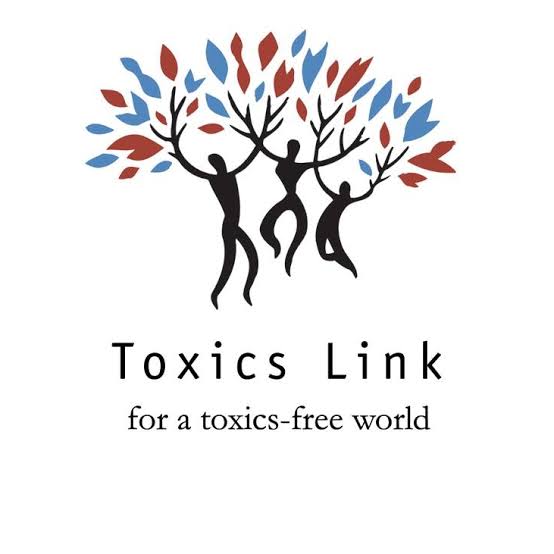Cause Area
Primary Sectors
Secondary Sectors
Financials
-
2019
Total IncomeRs.24,125,496Total ExpensesRs.22,309,205Tip: Click on any value above to exclude it. -
2022
Total IncomeRs.29,915,506Total ExpensesRs.24,698,378Tip: Click on any value above to exclude it. -
2023
Total IncomeRs.27,884,085Total ExpensesRs.26,075,439Tip: Click on any value above to exclude it.
Geographies Served
Programs
-
Endocrine disrupting chemicals
District
New Delhi
States
Delhi
Toxics Link has been actively advocating for health concerns related to BPA (Bisphenol-A) in baby feeding bottles, engaging with legislators and the Ministry of Child Welfare in India. Since 2014, the organization has been in constant communication with the Bureau of Indian Standards (BIS) to establish regulations and ban the use of BPA in baby feeding bottles. As a result of their persistent efforts, the BIS revised the standards for baby feeding bottles in 2015, specifically IS 14625:2015, and prohibited the use of BPA in these products.
-
Menstrual waste
District
New Delhi
States
Delhi
Toxics Link is actively addressing the issue of menstrual waste in India, which is currently managed under the Solid Waste Management Rules. Despite guidelines for proper disposal, the on-ground implementation of these rules remains challenging. As a result, most sanitary products end up in landfills, contributing to plastic pollution and posing health risks due to the presence of toxic chemicals in these products.
To tackle this problem, Toxics Link is engaging with stakeholders, conducting awareness sessions with young females and waste workers, and conducting research to understand and highlight various aspects of menstrual waste. Their efforts aim to establish the connections between health and environmental concerns arising from this type of waste. By raising awareness and fostering dialogue, they seek to promote a sustainable approach to menstrual hygiene and waste management for a healthier and cleaner future. -
Chemicals in products
District
New Delhi
States
Delhi
The organization has a specific focus on studying the impact of chemicals in products on human health and the environment. Through research, information dissemination, and policy intervention, it addresses issues such as mercury in CFLs, lead in paints, and heavy metals in toys and jewelry. These efforts have led to significant policy changes at regional, national, and international levels.
It actively participates in international negotiations on chemical management and safety, contributing to dialogues and deliberations on chemical-related matters at both national and international forums. -
Food safety
District
New Delhi
States
Delhi
Toxics Link has been actively involved in advocating for food safety. They have consistently raised public awareness on food safety issues and published their first report on the topic in 1998. One of their significant studies focused on the contamination of heavy metals in vegetables grown in and around the Yamuna river. This study gained recognition at the policy level and contributed to the establishment of standards for heavy metals in food items.
Toxics Link's food safety interventions encompass research, creating awareness materials, conducting capacity-building workshops, and engaging in policy discussions, including the Food Safety Act of 2006.
Registration Details
-
CSR Form 1
Not Available
-
FCRA
Not Available
About
-
Headquarters
New Delhi, Delhi
-
Since
1996
Impact
The organization has influenced environmental policies, standards, and government instructions to improve environment management in India, and has played a critical role in issues like e-waste management, mercury reduction, and plastic pollution awareness.
Vision and Mission
Toxics Link's vision is to work together for environmental justice and freedom from toxics. Their mission is to formulate and implement socially just, environmentally safe, and sustainable solutions for waste and chemical issues.
Political & Religious Declarations
-
Political Affiliation
-
Religious Affiliation
Location
-
Offices in Cities
New Delhi
Other Details
-
Type
Non-profit
Website
Technology Adoption
-
SOC 2 Compliant
No
-
Financial Management
-
Beneficiary Management

